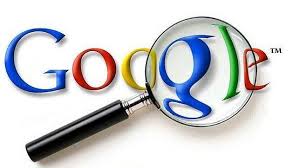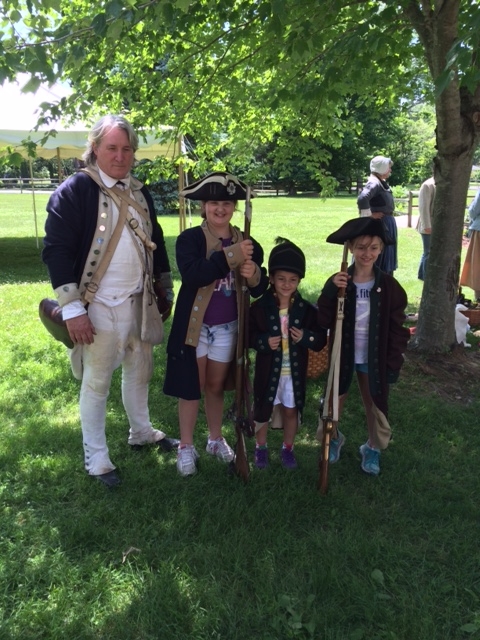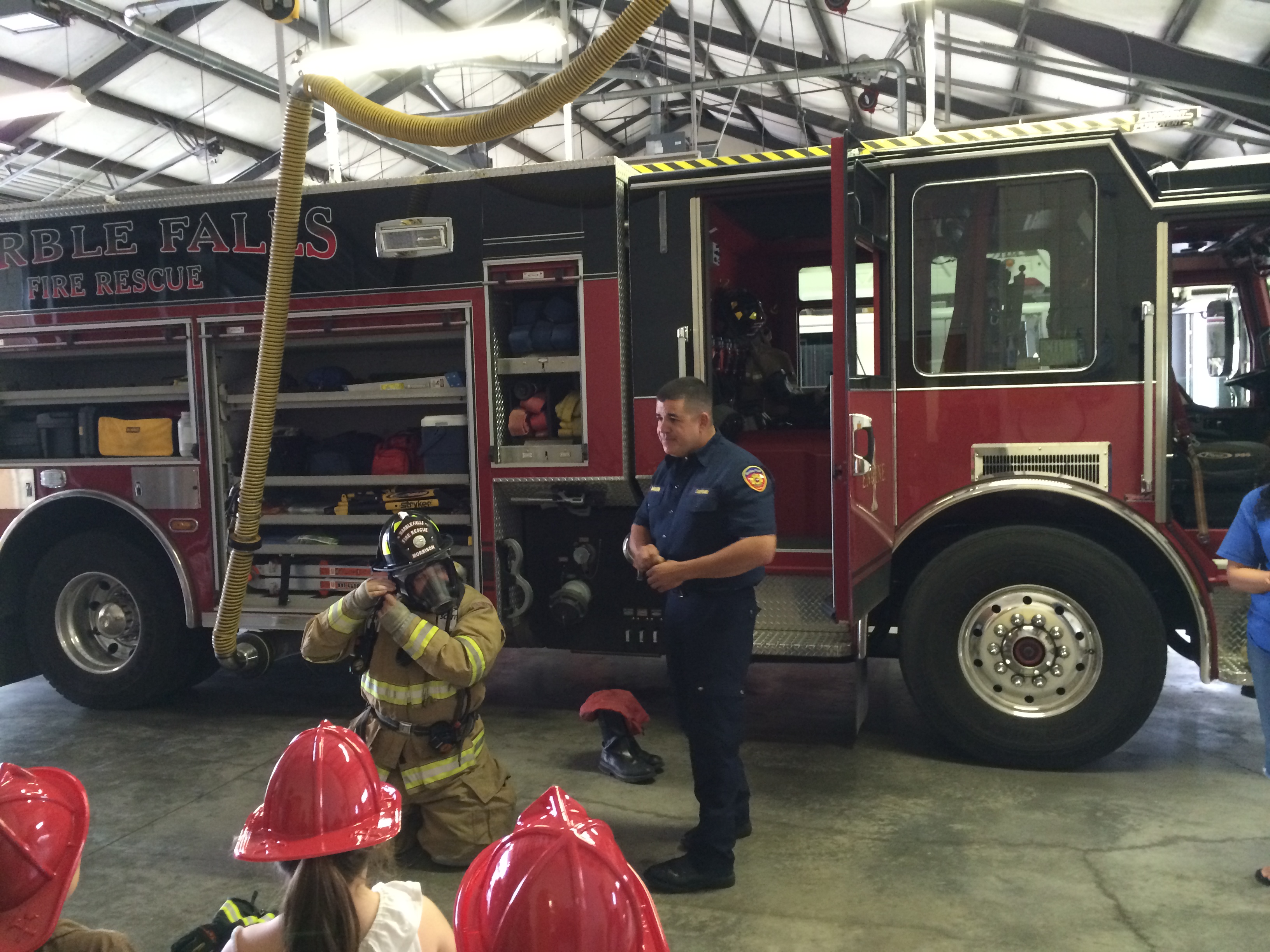
Research is a must for writers, even those writing fiction. Some of us don’t care for the necessity, but others enjoy the hunt for facts and new ideas. I’m in the latter camp, but I have to confess, sometimes I get totally distracted from the work in progress when what started out to be tracking down a small detail or fact turns into a fascinating discovery of whole new worlds, thoughts, bits of history I didn’t know and more.
I am a writer of fiction so my research isn’t the sort of exhaustive hunt for every fact connected with whatever subject the non-fiction work is on. But all my protagonists have backstories, careers, hobbies and lifestyles and if I stuck only with write-what-you-know, my characters would very quickly bore my readers to death even considering that I’ve been told by many that I’ve led an interesting life.
As a writer in the twenty-first century, I appreciate the internet tremendously. You can find out the most arcane details in a matter of seconds that would once have taken hours and days if not months to track down before Google became not just a search engine, but a verb. In one book I was writing, my heroine’s favorite baseball player was Carl Yastrzemski who played for the Boston Red Sox. As I was writing one scene, I suddenly needed to know if he’d been playing that fall and if it had been a home game on that particular day. In less than a minute, I not only knew it was a home game, but that he’d been benched on that day. How long might that detail have taken before the internet? I could, of course, have skipped that line or paragraph, but other times one cannot. If, for instance your coroner is doing an autopsy and you need to know about a specific detail that is crucial to the mystery. Or a Police procedure. Or are helmets required on motorcycles in a given state? How long does it take to get a marriage license in another state, or country, or century?

Wikipedia is a fountain of information and a great place to start. It's also a total distraction considering how many clickable links you find in an entry. You could get sidetracked for an entire day clicking from one fascinating connection to another. Once upon a time I used to do the same thing in an encyclopedia, but it’s even easier now. Depending on just how much depth and accuracy you need, be sure to follow up with other sources after reading what Wikipedia has to offer. Google can take you to many official sites, too. I recently visited the official site of the Marine Corps at Camp Lejeune NC to find out how far the hospital was from the commissary and found maps, bus routes, and a dozen more related sites. It was like touring the base. Want to find out the main sport and mascot for a college or university or the names of the dorms? Visit the college or university site. Every entity has them now and they are wonderful sources of information. Medical sites with lists of symptoms and treatments, state sites with info on law enforcement and government, federal sites with everything about everything at the Federal level that's not security related. You can find out just about anything on the internet.
And then there are books. I love researching in books. I have whole shelves of books I’ve found or purchased on my own library shelves, but there are libraries everywhere and they all have wonderful selections to get lost in. Some of the libraries I’ve studied in include the New York Public Library, the Boston Public Library and the Bowdoin College library in Brunswick Maine. Just standing among thousands of books holding gazillions of wonderful facts and stories is exhilarating. And did you know many libraries have research materials available online. Like the library in Edinburg Scotland. While it would be great fun to actually go to Edinburg or other far away places, that isn’t always possible.


And don’t forget personal interviews and tours. Take a tour of the Budweiser plant or a chocolate factory. Do a ride-along with the local police department, visit the fire station or join the behind the scenes tours at museums. If you’re writing a historical and it’s feasible to travel to the location, visit all the historic sites attached to your era and pick the brains of the docents you meet. They know tons of stuff that isn’t always shown and they love to share their passion. Actually being IN the place you are writing about is more than just raw information, it's also ambiance. Standing by the bank of a massive swift flowing river would give the writer of a historical novel a gut level feeling of what it would have been like to cross that river before the bridges we see today were built. Looking up into the shadowed and echoing high vaulted ceilings of a hundreds-of-years-old cathedral imbues feelings you won't find in the church on the corner of Main and Elm streets in anywhere USA, just as visiting a farmers market is very different from your local grocery store. Sitting in a police cruiser, listening to the dispatcher and watching the police in action on their every day rounds will give you a better idea of what that life is like. Spending a few hours in the harried surroundings of an emergency room, or attending a baseball game at the home field, or a rodeo, or listening to children playing on the beach all have such powerful settings from the sounds to the smells, from the excitement or contemplative to downright frightening. And all those are things you simply cannot read about - you just have to be there and feel them, see them and experience them.
I've also found that most folk are happy to share their personal vocations, so don’t be shy about asking individuals for either in-person interviews or via email. Whatever your characters are doing, real people are doing in every day life so check it out and experience or see it first hand. Research can be an adventure well worth taking even if 99% of the information you glean never makes it into your book. Just knowing the facts will make your fiction come across more real and draw the readers into your world.



Occasionally, I read a book where it’s obvious the author did not do their homework before writing. If the details that are off are just a few, I can easily skip over them and forgive the inaccuracy. Goodness knows, even when you’ve done thorough research for your book, there are times when you just plain miss something or, because of the plot, you have to fudge the facts a bit. But if a book is glaringly unresearched I lose interest quickly. Either I am irritated by the constant mistakes, or I find the characters shallow and can’t relate to them. I don’t think I’m alone here either so my advice to any author would be: take your research seriously. And enjoy the ride while you’re there.

Here are a few other writers who have shared their thoughts on the subject of research. Check them out: